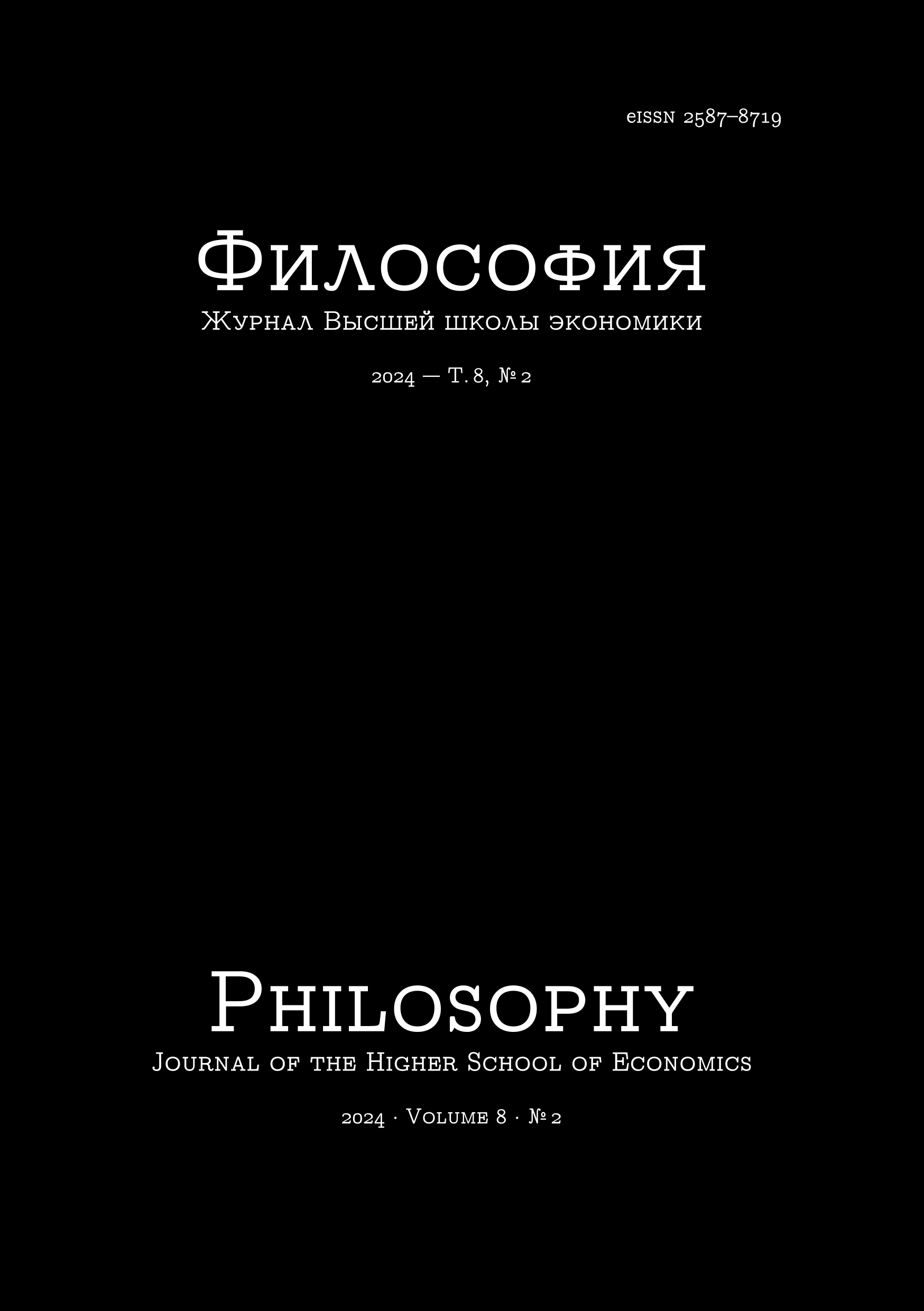Проблема эпистемической ответственности и ее психофизиологические основания
Аннотация
В статье анализируется понятие «эпистемической ответственности» как способности субъекта воспринимать себя агентом познавательного процесса, доверяющим собственным познавательным способностям, а также вырабатывающим самостоятельно правила достижения и критерии успешности своей познавательной деятельности. С развитием когнитивных наук, а также совершенствованием современных технологий нейровизуализации появилась возможность изучения психофизологических коррелятов «эпистемической ответственности» в головном мозге человека. Однако очевидны трудности, связанные с формализацией этой эпистемической и одновременно этической категории, а также с убедительностью обоснования наличия такого рода коррелятов в силу разницы между теоретичностью эпистемологического и этического методологического аппарата и физической природой головного мозга, требующей эмпирического обоснования выносимых суждений, в том числе, в обнаружении психофизиологический коррелятов эпистемической ответственности. Тем не менее, в статье предпринимается попытка обоснования возможности обнаружения таковых с целью понимания взаимосвязи между процессами в мозге человека и его способностью к ответственному интеллектуальному поведению. Такое обоснование призвано обеспечить эмпирический базис «ответственности», позволяющий более или менее беспристрастно оценивать когнитивные способности субъекта как заслуживающие доверия в достижении «надежного» знания.
Скачивания
Copyright (c) 2024 Philosophy Journal of the Higher School of Economics

Это произведение доступно по лицензии Creative Commons «Attribution-NonCommercial» («Атрибуция — Некоммерческое использование») 4.0 Всемирная.






